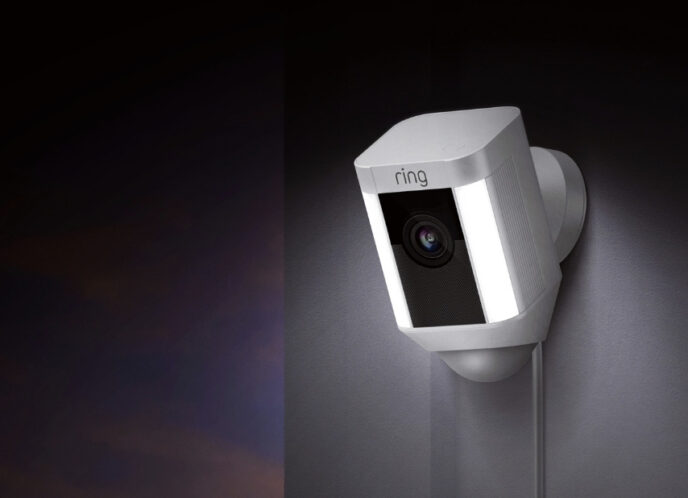The state’s prison system will become the first to evaluate the Fitbit-like devices, which use algorithms to track prisoners’ vitals. Last year, an investigation by the US Department of Justice found that the Massachusetts Department of Corrections (MADOC) had been violating the Eighth Amendment of cruel and unusual punishment by failing to provide adequate mental health treatment to incarcerated people in crisis. The DOJ characterized MADOC’s mental health watch practices as restrictive, isolating, and involving unnecessarily harsh conditions. Now, instead of halting the widespread practice of keeping emotionally-distressed incarcerated people in solitary confinement for more than 22 hours a day, MADOC is evaluating technology that will monitor people’s breathing and heart rate in real time. MediaJustice Fellow and director of the Challenging E-Carceration Project, James Kilgore, speaks to Motherboard.
“Suicide shackles aren’t a proper substitute for genuine mental health care. We’re not going to deal with people’s mental health issues by simply putting some kind of tracking device on them, and trying to gather biometric data. Instead, funds should be spent on prevention programs that limit people’s interactions with the carceral system in the first place, such as on adequate mental health services in communities.
The technology may even exacerbate mental health crises behind bars. [I] was incarcerated for six years [and] could easily imagine a scenario where an individual is four-point shackled—a common restraint technique in prisons where a person’s arms and legs are strapped to a bed or chair—based on a device’s false alarm. Other electronic monitoring devices, which have exploded in use for confining defendants and people convicted of crimes to their homes, are notoriously inaccurate. Alternately, some guards will simply ignore the monitors, as is often the case with GPS tracking and other electronic monitoring devices.
It’s a fundamentally wrong approach to a really serious problem. We have so many incarcerated people with mental health issues who are getting no treatment, and now they want a quick fix. Which is what this technology is.”
James Kilgore via Motherboard



